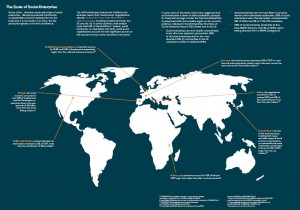Dispelling the myths of Social Enterprise, Employee Ownership and Purposeful Business
It is frustrating that the wider world tends to have a very narrow understanding of what the key characteristics of being a good business are. This is not helped by the media’s portrayal of a macho business world in programmes such as The Apprentice and Dragon’s Den and follows the news that often focuses on corporate scandal and businesses that are solely focused on the delivery of profit for shareholders at the expense of other models of business.
The rise of the ‘Purposeful Business
This polar focus is not the reality as most business owners and stakeholders realise that there is more to being a business than just making a financial profit, particularly in the light of climate change. The rise of the ‘purposeful business’ has become a noticeable trend over the last few years. These types of businesses should aim to tackle the UN’s Sustainable Development Goals and address the negative effects of economic development.
One of the main ways to ensure that a business is driven by a social purpose and social impact though is to embed this in the governance of the business through either a specific legal structure/form such as a Community Interest Company (CIC) or an Industrial and Provident Society (IPS) that can limit shareholder financial gain.
Another way to ensure that a business is social values-driven is to write purpose, values and rules into governance both within governing documents and via the modus operandi of the Board of Directors and in the interaction with stakeholders. This means that such a business can have a variety of legal forms. Social enterprises (SEs) and employee owned businesses (EOs) are good examples of these types of business. The Social Enterprise Mark ensures that that there is rigour in this approach by accrediting governing documents, trading levels and social impact.
Below we look in more detail at the overlap between the two and bust some myths associated with both:
Why consider employee ownership?
Becoming an employee-owned business intrinsically helps to create a people-centred business that values its staff. As the first large law firm in the UK to give all eligible members of staff an equal share in its profits, Stephens Scown is leading this approach and attracting interest from beyond the legal sector. In their experience, employee ownership means staff become more engaged and motivated to achieve growth with a view to the wider ethos and impact of the business. It also promotes a culture focused on each person’s contribution to the business and this in turn can support the development of a purposeful business.
The link between employee ownership and social enterprise
Becoming a social enterprise creates a values-led business because it puts people and planet before profit for shareholders. The Social Enterprise Mark has 12 years’ experience of applying and accrediting this approach internationally in all sectors. Additionally, in many cases there is an overlap between social enterprises and employee owned businesses because of the close relationship to values and valuing people. A good example of this is Social Enterprise Gold Mark Holder Integrated Care 24 urgent care providers which have offered company shares to all employees with the aim of gaining better staff engagement and ownership.
Myths around EO and SE abound, though. Here we outline a few of them:
Employee ownership and social enterprise models only work for a certain size of company
Not true… The John Lewis Partnership is a longstanding example of a large employee owned business. Market Carpets in Devon with 29 employees is a smaller example. In the social enterprise world we have a number of mark-holders with multi-million pound turnover such as University of Westminster and The Growth Company.
All the shares must be held by employees in the case of EO
A founder in an EO may wish to retain a shareholding as they are not retiring or it may be a family business with family members actively working in the business.
A social enterprise cannot have shareholders
Most do not have shareholders, but there are shareholder models such as Community Interest Companies Ltd by Shares and Community Benefit Societies but any dividend distribution is either zero or limited to 35% of profits. At Social Enterprise Mark, a dividend cap of up to 49% of profits is also acceptable.
The employees use their own money to buy the company in the case of an EO
Not true…the company could seek bank funding but usually the purchase price is settled using the profits of the company over a period of time.
Both SE and EO are very niche rather than mainstream business models
Not true – in January 2021 it was found that employee ownership represented 1 in 20 private company sales. It is estimated that there are more than 100,000 social enterprises in the UK. So long as the business is maximising social value rather than profit for individuals the many businesses could qualify as Social Enterprise’s for the Social Enterprise Mark.
A founder/shareholder (if a social enterprise has shareholders) will lose money if they choose Employee Ownership or Social Enterprise over a trade sale/company sale
True and false in both cases – it may be that the perfect purchaser wants to buy the company for more than it is worth because it fits into their strategic plan or the company is their main supplier in the case of an EO. If certain criteria are met, choosing employee ownership can be advantageous from a tax perspective for a founder as there is a capital gains tax exemption if at least half the business becomes employee owed. In the case of a CIC limited by shares, shares can be sold at a rate that a buyer is prepared to pay. This rate is likely to be limited, however, due to the limitations placed on assets and profit distribution.
If a business is employee-owned the employees could do what they like with it!
Not true – the company’s managers are accountable to the employees rather than external shareholders. If the company has a governing document, this will usually set out how decisions should be made and if certain criteria should be prioritised in decision making such as the likely impact on the climate or employees of a decision.
A social enterprise can be sold to a private company and lose its social enterprise status
True and false – a social enterprise should have some form of asset lock which maintains its independence from its parent that it is sold onto. In the case of the Social Enterprise Mark accreditation there’s a requirement that any parent company also holds an asset lock or can demonstrate a business case as to why it doesn’t (in very rare cases)
Offering different legal structures for a business out outside the Company Ltd by Shares model helps to ‘bake in’ social impact for employees and stakeholders.
Greater understanding and uptake of these models would help to ensure that social and environmental action are part of the business DNA.
We need greater profile of these alternatives rather than resorting to more common legal forms which put individual shareholder gain at the centre.
As the old saying goes ‘legal form should follow business function’.
By Catherine Carlton (Stephens Scown LLP) and Lucy Findlay (Social Enterprise Mark CIC)



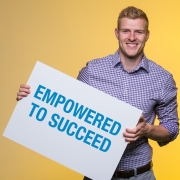
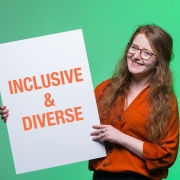
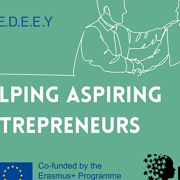
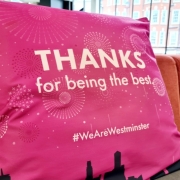
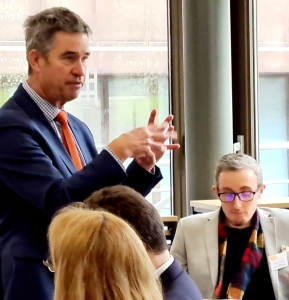
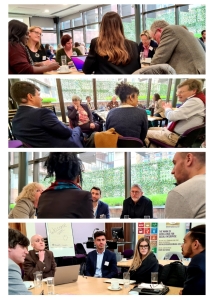


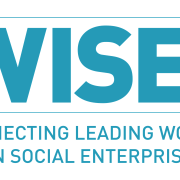
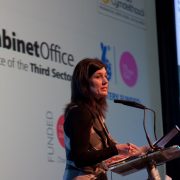
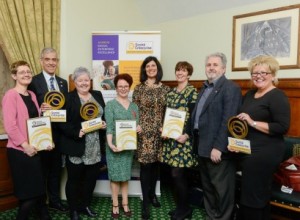

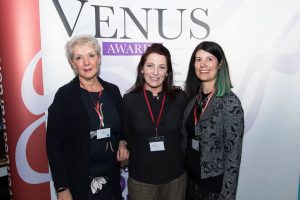
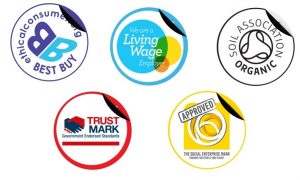


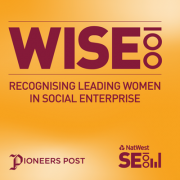
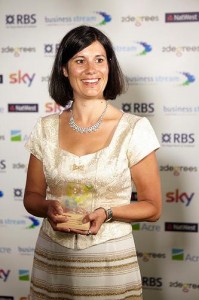

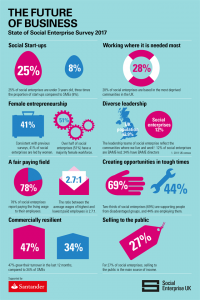
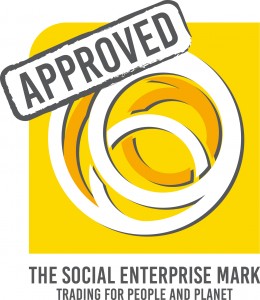
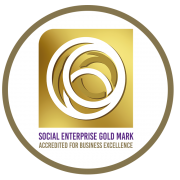

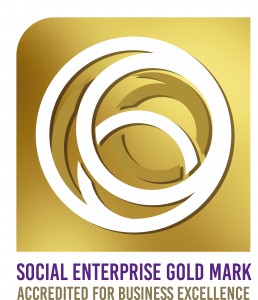 The Social Enterprise Gold Mark was developed to provide a quality benchmark for social enterprises that can demonstrate excellence in key business areas, such as governance, business ethics, and social/environmental impact. As well as providing proof of a commitment to business excellence, it also acts as a business development tool – successful applicants receive an individually tailored action plan for continuous improvement, in line with Social Enterprise Gold Mark guidelines of best practice. Therefore, it is very much an ongoing development process, not just covering a snapshot in time at the point of assessment.
The Social Enterprise Gold Mark was developed to provide a quality benchmark for social enterprises that can demonstrate excellence in key business areas, such as governance, business ethics, and social/environmental impact. As well as providing proof of a commitment to business excellence, it also acts as a business development tool – successful applicants receive an individually tailored action plan for continuous improvement, in line with Social Enterprise Gold Mark guidelines of best practice. Therefore, it is very much an ongoing development process, not just covering a snapshot in time at the point of assessment.
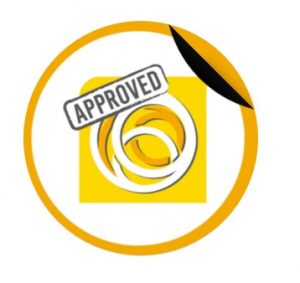
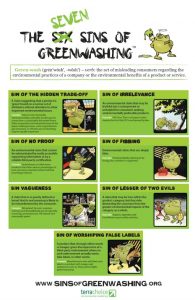
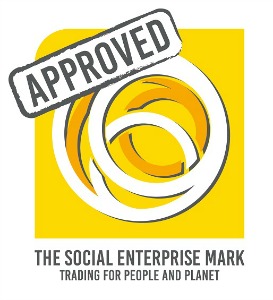
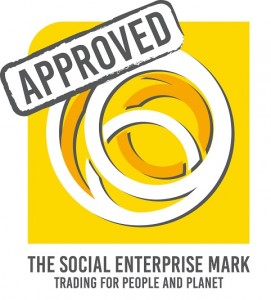
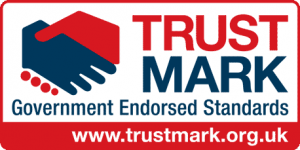
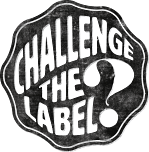 currently working with international sustainability standards, established by
currently working with international sustainability standards, established by 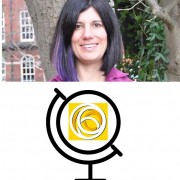
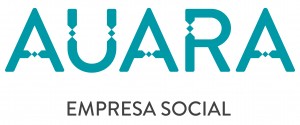
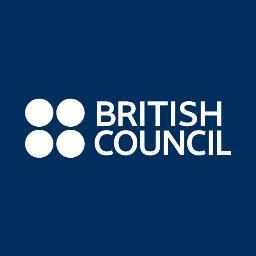 our Future, in 2015, which has led to more than 30 Russian social enterprises now holding their Social Enterprise Mark, we completed a similar piece of work for the British Council in China this year, advising on the development of a Chinese social enterprise accreditation system.
our Future, in 2015, which has led to more than 30 Russian social enterprises now holding their Social Enterprise Mark, we completed a similar piece of work for the British Council in China this year, advising on the development of a Chinese social enterprise accreditation system.